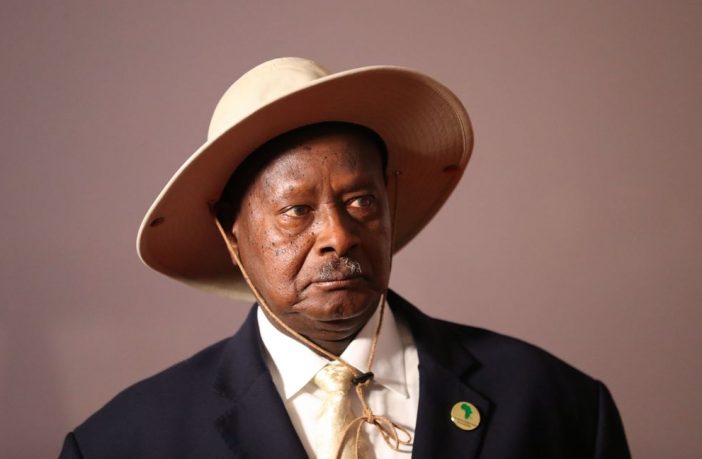- Parliament has questioned the government’s continued investment in thermal energy instead of other cheaper and cleaner energy sources.
- During the Tuesday plenary sitting earlier this week, members of parliament urged government to adopt sustainable renewable sources of energy which are environmentally friendly, efficient and less costly as compared to thermal energy, which is expensive and more pollutive.
This was during the debate on the Committee on Public Accounts (Central Government) report on the Auditor General’s special audit report on the Namanve Thermal Power Plant.
“In terms of fuel and maintenance, these thermal plants are very expensive. I would implore government to shift and invest in wind energy. We have lots of wasted wind in Elgon, Kapchorwa etc.,” opposition whip, Hon. John Baptist Nambeshe said.
Nambeshe said government should explore other cheaper energy sources such as solar and natural gas.
“We need to go for cleaner energy which is environmentally friendly and efficient. We have a global challenge of climate change and as we grapple with it, we should minimize greenhouse gas emissions through such clean energies,” he said.
In October 2021, Parliament directed PAC to investigate the anomalies and inadequacies surrounding the 2007 implementation agreement between government and a local firm, Jacobsen Uganda Power Plan Company Limited (JUPPCL), where the latter was supposed to build, operate and maintain a 50MW heavy fuel oil thermal plant in Namanve for 13 years and later transfer the same to government.
Whereas the Namanve thermal plant estimated at $27.95 million was eventually handed over to government through the Uganda Electricity Generation Company Limited (UEGCL) in February 2022 after a long dispute, MPs believe that the project is likely to become a white elephant.
“This House passed a budget for a solar project in Kololo which they have said is working effectively and supplies a lot of energy that will complement hydro energy…Why don’t we use solar power that is free in terms of using the sunlight so that we don’t spend money on thermal power that is extremely expensive?” Hon. Rosemary Nyakikongoro (Sheema District) said.
The State Minister for Energy, Hon. Sidronius Opolot Okasai was quick to say that whereas thermal power is very expensive and devastating to the environment in terms of gas emissions, it is still a necessary source of energy for the country.
“This thermal plant was put in place at a time when the country was literally running dark and government had to make a decision to have a thermal plant to meet our energy needs, he said adding that, ’over time, we have built capacity to generate power through sustainable energy like hydro power. It is a backup energy which is operating at a minimum just to keep the engines running.’
The committee report that was presented by Hon. Fredrick Angura (Tororo South County) also emphasised that government adopts new investments on more environmentally efficient energy solutions such as wind, solar and natural gas which are comparatively cheaper in the long run.
“As a country, we should work to reduce greenhouse gas emissions. We should have a significant investment in the development of renewable energy infrastructure and technologies,” Angura said.
Author: Nomvuyo Tena
Nomvuyo Tena is a Content Producer at Vuka Group and is as passionate about the energy transition in Africa as she is about music and Beyonce.
This article was originally published on ESI Africa and is republished with permission with minor editorial changes.
















